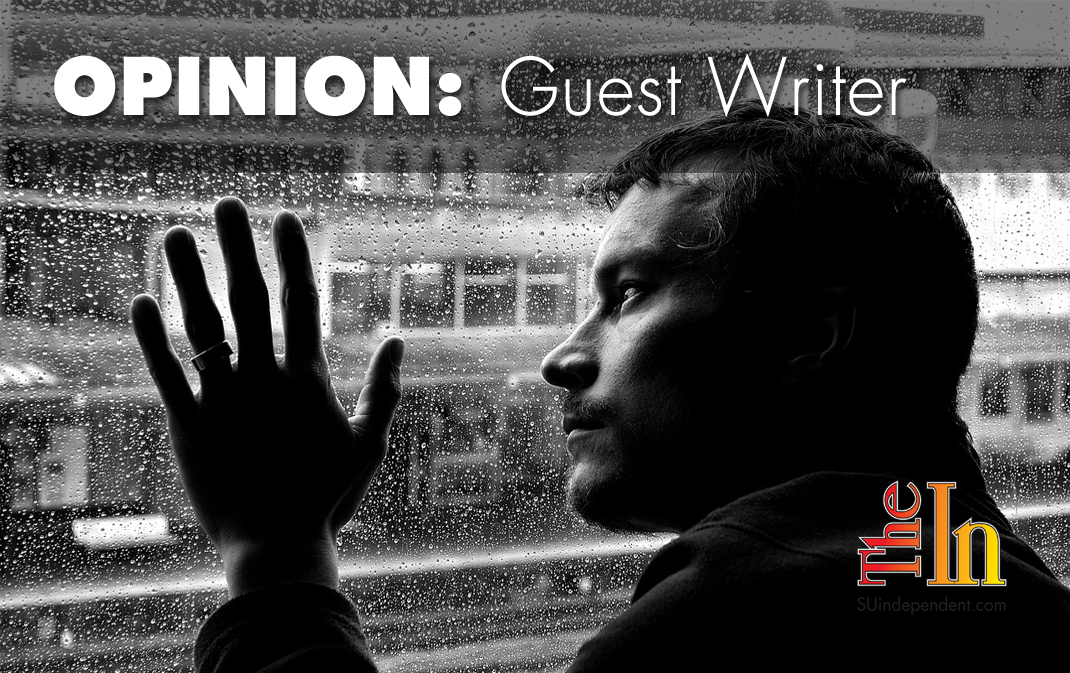
New York Times exposes antidepressant scandal: Antidepressants are addictive
Long-term usage of antidepressants is surging in the U.S., to the point where 15.5 million Americans have been taking them for five years or more
By Diane Stein
Despite of protest from over 40 psychiatrists, the New York Times has published an in-depth investigative report of improper labeling and prescribing of antidepressants in the U.S., Britain, and elsewhere.
The article is headlined, “Most People Taking Antidepressants Discover They Cannot Quit.”
According to the Times’ own analysis of federal data, long-term usage of antidepressants is surging in the U.S., to the point where 15.5 million Americans have been taking them for five years or more. This rate had doubled since 2010 and tripled since 2000.
Nearly 25 million adults have been on antidepressants for at least two years, a 60 percent increase since 2010.
The Times data make a clear case that the reason for the mounting long-term usage rates of these drugs — which were only researched and marketed for short term periodic use — is because people are unable to quit. In essence, antidepressants are addictive.
“Many who try to quit say they cannot because of withdrawal symptoms they were never warned about”, the Times researchers conclude.
“Some people are essentially being parked on these drugs for convenience’s sake because it’s difficult to tackle the issue of taking them off,” said Dr. Anthony Kendrick, a professor of primary care at the University of Southampton in Britain.
The Times points out that in the U.S., physicians have “wide latitude” in prescribing an approved drug as they choose. The fact that no long-term data was available did not impede U.S. doctors “placing tens of millions of Americans on antidepressants indefinitely.”
The article quotes Dr. Allen Frances, a professor emeritus at Duke University, who says, “Most people are put on these drugs in primary care, after a very brief visit and without clear symptoms of clinical depression. Usually there’s improvement, and often it’s based on the passage of time or placebo effect.”
I have another explanation.
Psychiatric drugs are a massive pharmaceutical cash cow. One needs to follow the money. From 2011 to 2015, $175.4 billion was spent on psychiatric drugs in the U.S.
For this particular report, the Times had access to data from the National Health and Nutrition Examination Survey, with data compiled over the last two decades.
“Over all, more than 34.4 million adults took antidepressants in 2013-4, up from 13.4 million in the 1999-2000 survey,” the Times reports.
Victoria Toline — 27, of Tacoma, Washington — took nine months to taper off Zoloft.
“I had to drop out of school,” she reported in the article. “My life’s been on hold.”
“Basically that’s all I have been doing, dealing with the dizziness, the confusion, the fatigue, all the symptoms of withdrawal”, said Toline. “I couldn’t finish my college degree. … Only now am I feeling well enough to try to re-enter society and go back to work.”
Drugmaker Eli Lilly responded to news inquiries with a statement of continuing commitment to their antidepressant products, reported the article. However, the company declined to say how common withdrawal symptoms are.
Some readers expressed shock to learn that nearly 7 percent of American adults have taken prescription antidepressants for at least 5 years.
Citizens Commission on Human Rights has been warning of the dangers of antidepressant abuse since 200 lawsuits were filed in relation to Prozac in 1990. We took a lot of heat for it, but what we warned about then is painfully obvious today.
Diane Stein is president of the Citizens Commission on Human Rights of Florida.
Articles related to “New York Times exposes antidepressant scandal: Antidepressants are addictive”
The viewpoints expressed above are those of the author and do not necessarily reflect those of The Independent.
How to submit an article, guest opinion piece, or letter to the editor to The Independent
Do you have something to say? Want your voice to be heard by thousands of readers? Send The Independent your letter to the editor or guest opinion piece. All submissions will be considered for publication by our editorial staff. If your letter or editorial is accepted, it will run on suindependent.com, and we’ll promote it through all of our social media channels. We may even decide to include it in our monthly print edition. Just follow our simple submission guidelines and make your voice heard:
—Submissions should be between 300 and 1,500 words.
—Submissions must be sent to editor@infowest.com as a .doc, .docx, .txt, or .rtf file.
—The subject line of the email containing your submission should read “Letter to the editor.”
—Attach your name to both the email and the document file (we don’t run anonymous letters).
—If you have a photo or image you’d like us to use and it’s in .jpg format, at least 1200 X 754 pixels large, and your intellectual property (you own the copyright), feel free to attach it as well, though we reserve the right to choose a different image.
—If you are on Twitter and would like a shout-out when your piece or letter is published, include that in your correspondence and we’ll give you a mention at the time of publication.




No surprise. It’s been out there for years on the internet. Once dopamine production in the brain is regulated by chemicals, the natural ability to do so becomes impacted. Over time logic dictates it becomes harder to get the natural process back again. I believe this is also the case from long term use of marijuana as well. The scientologists may be correct in their stance against regulating the brain unless it is damaged in some way.